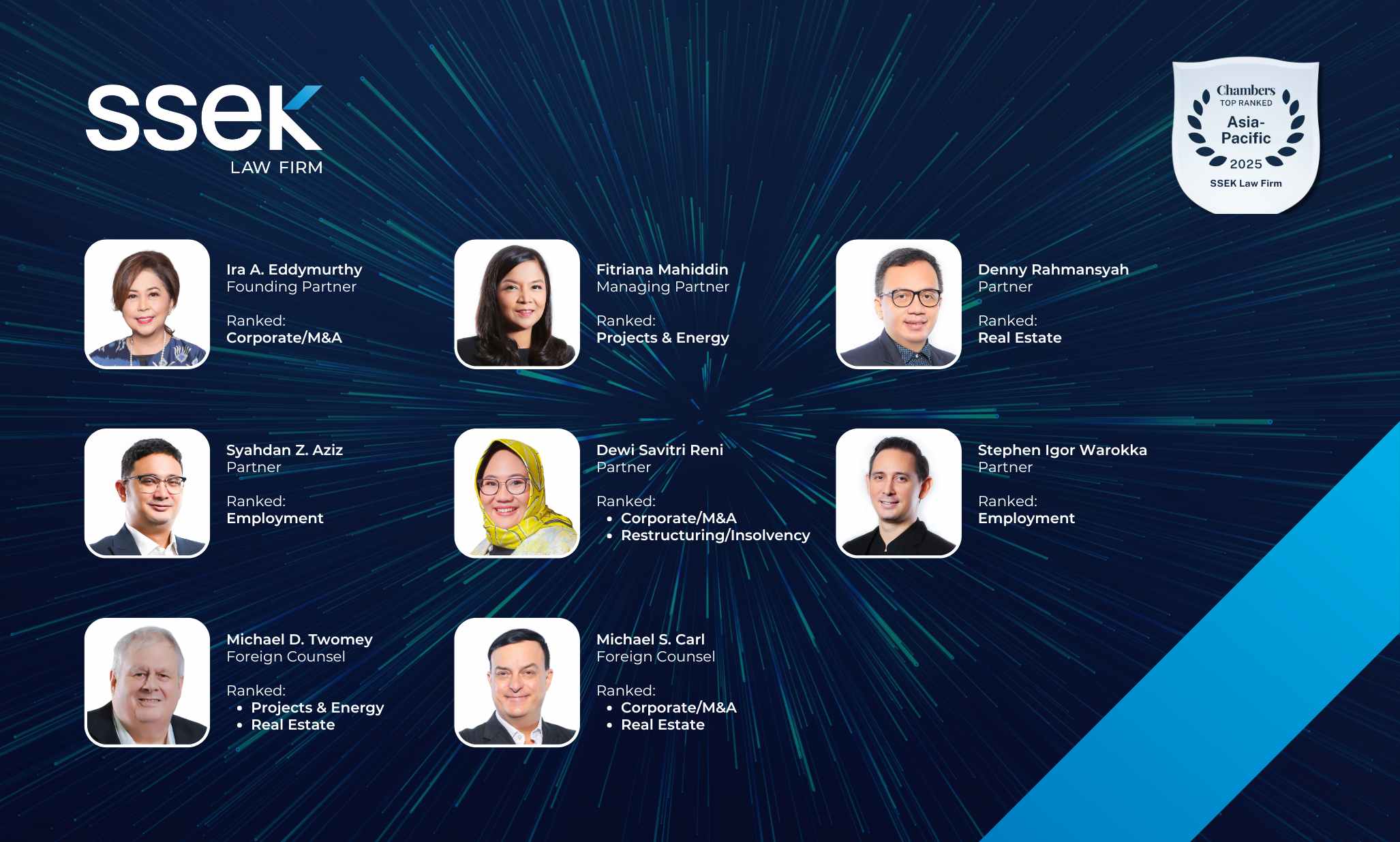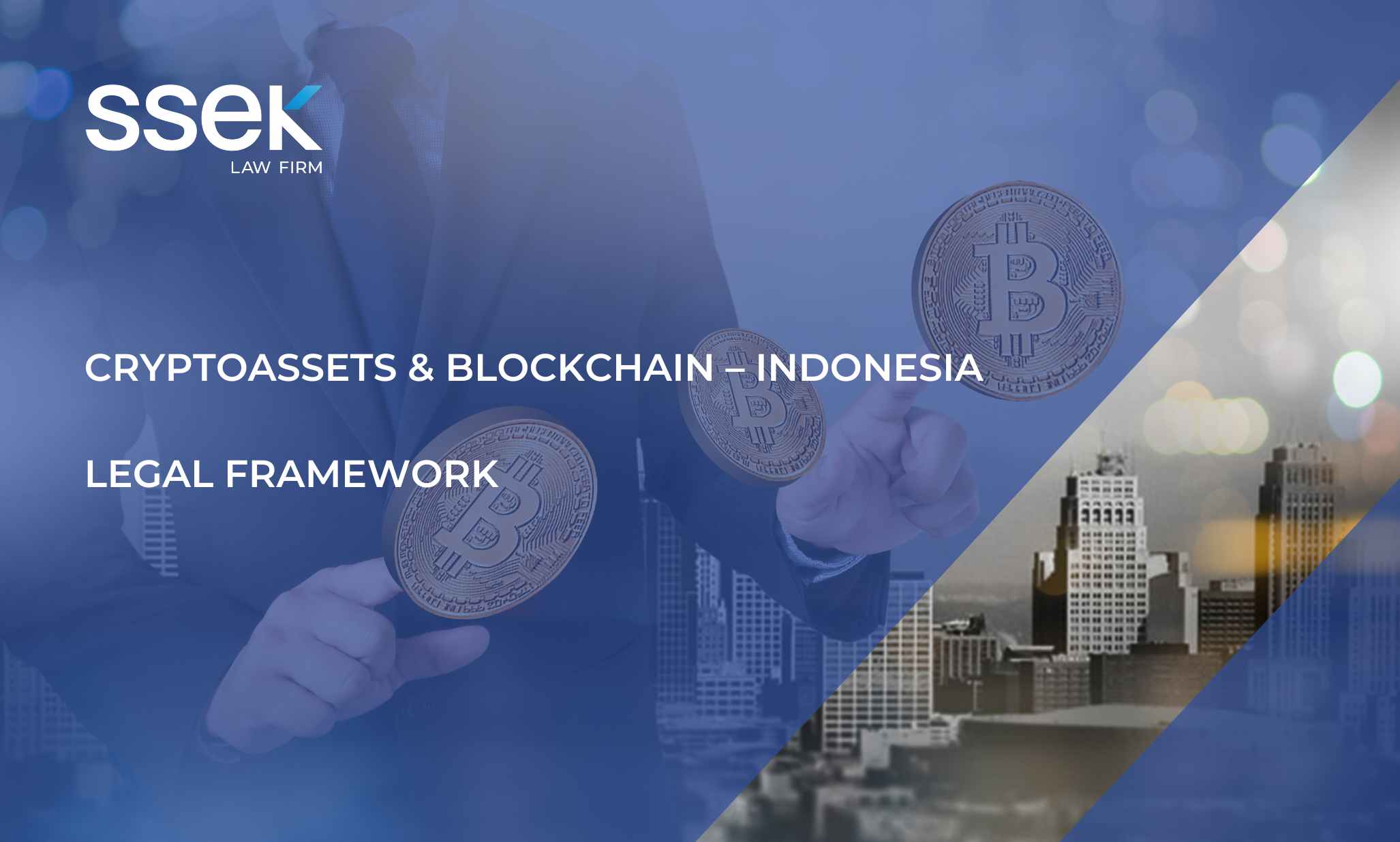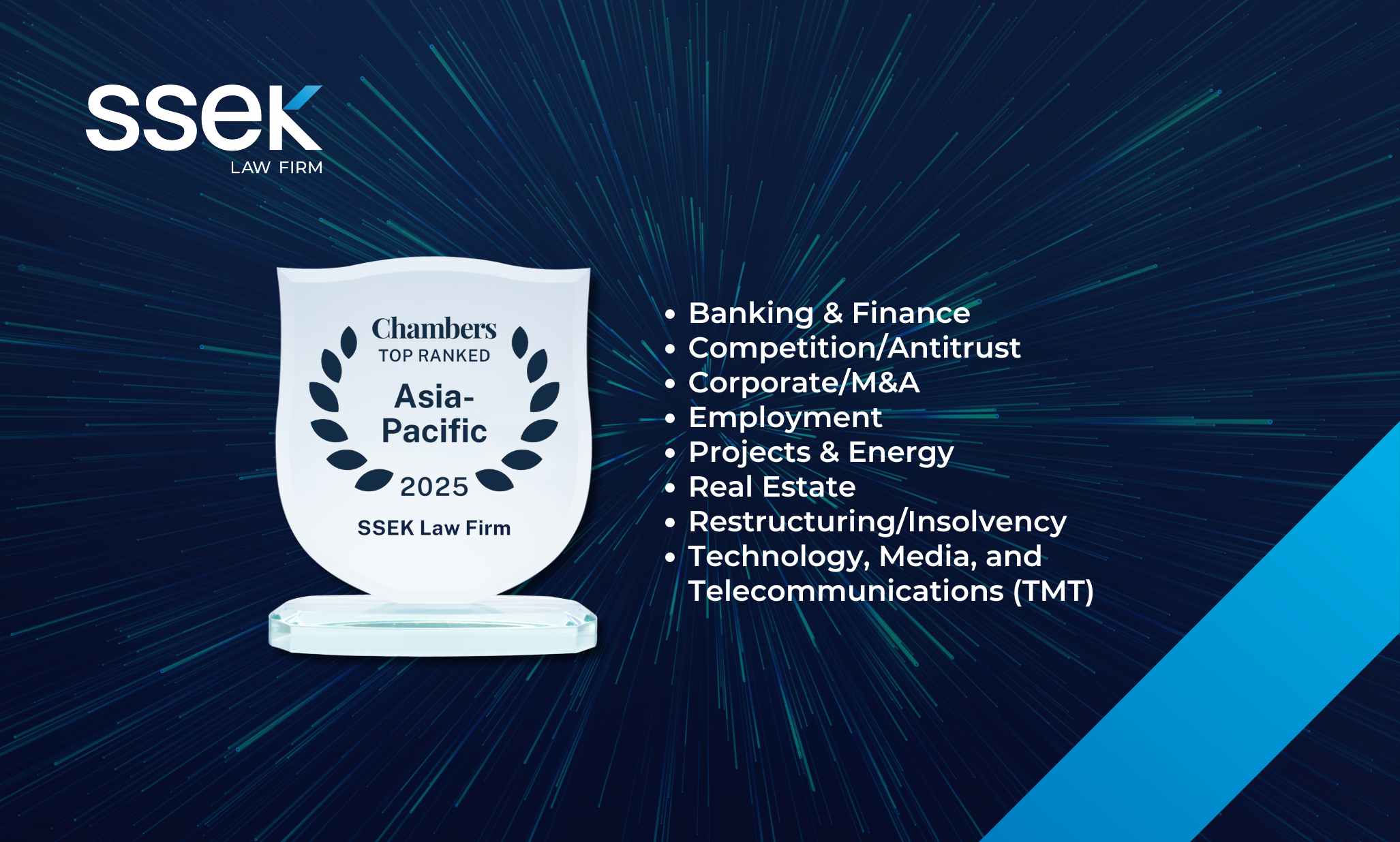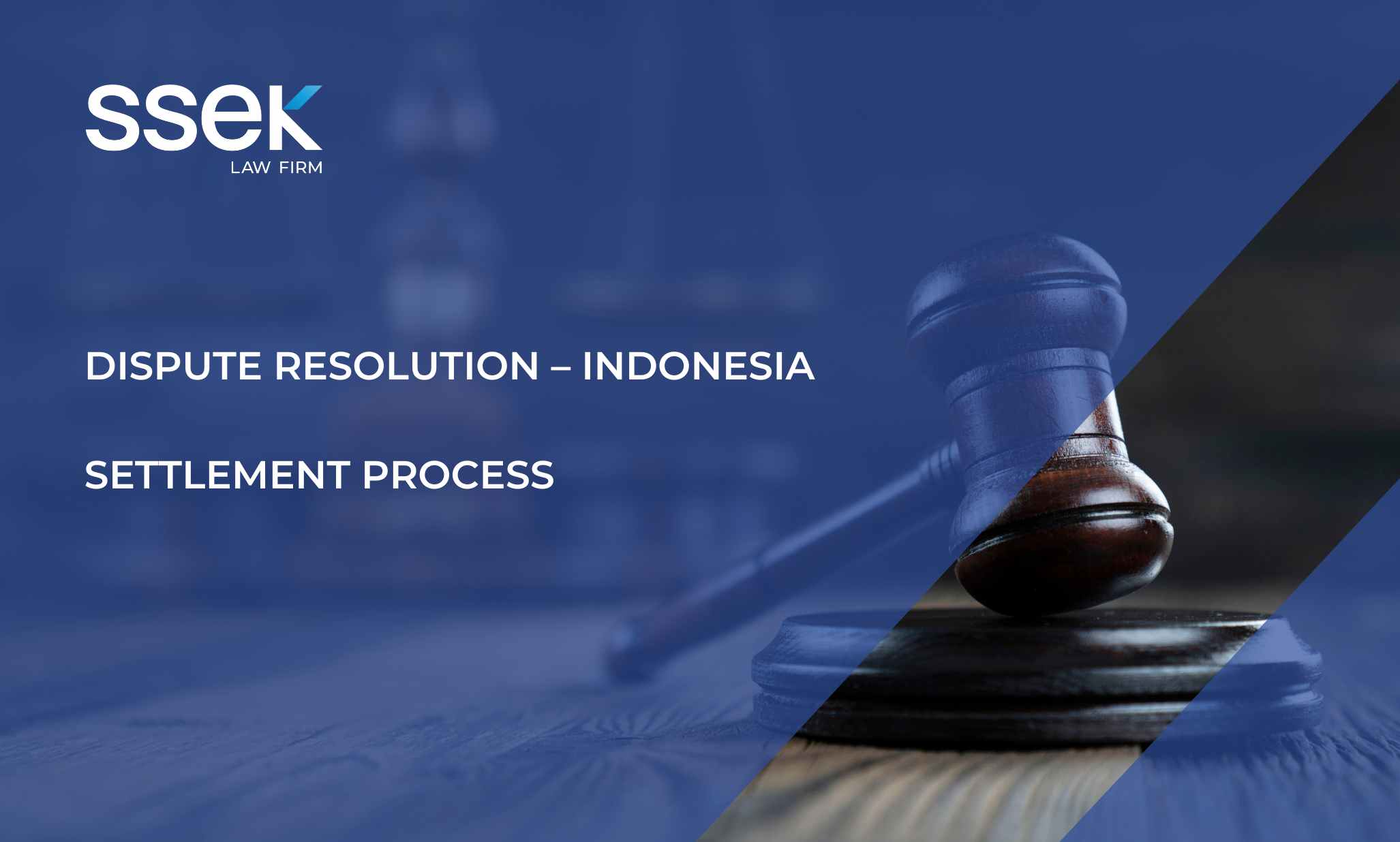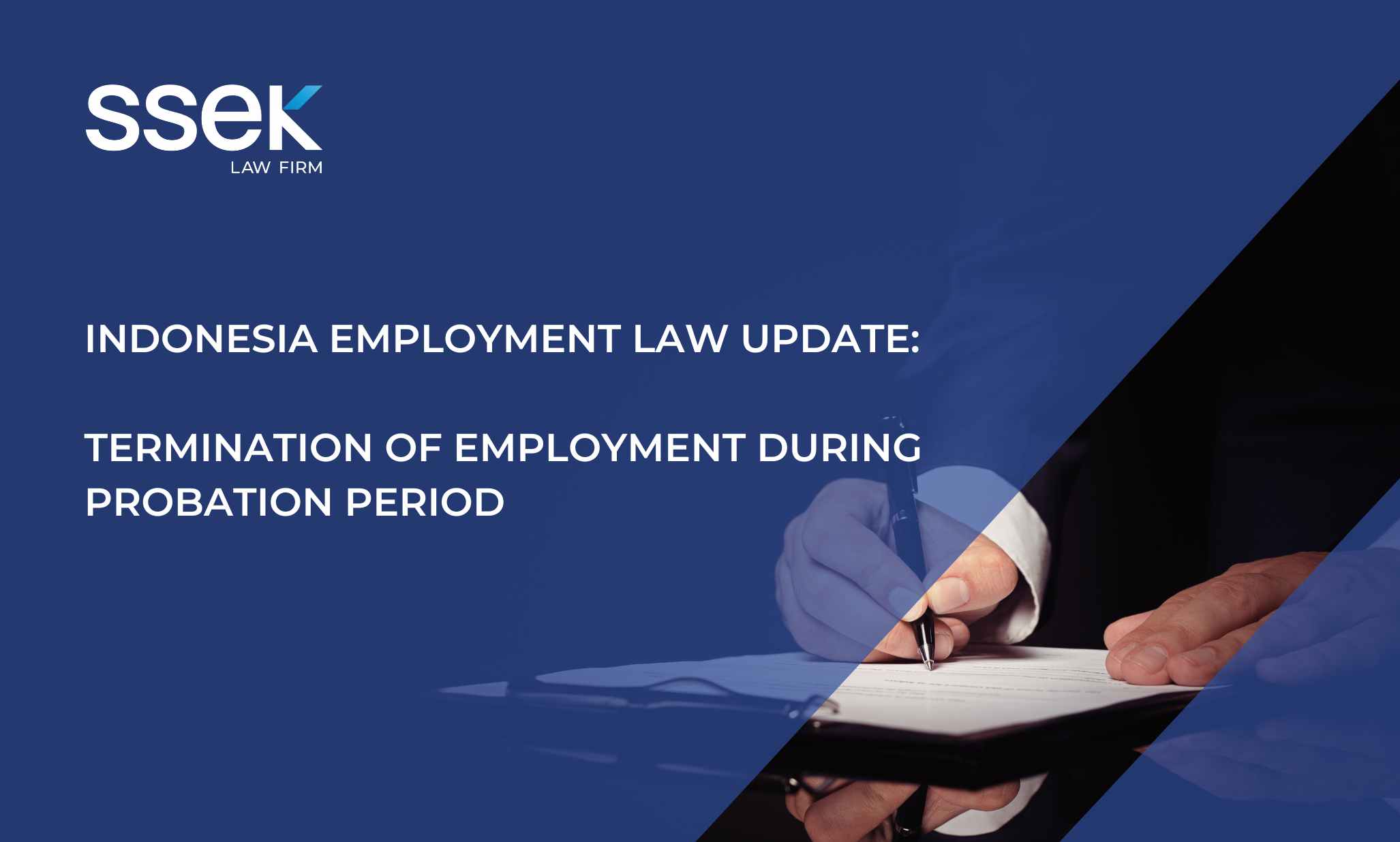

The Indonesian government has issued rules for rooftop photovoltaic (PV) systems. Minister of Energy and Mineral Resources (MEMR) Regulation No. 49 of 2018 regarding the Utilization of Rooftop Solar Power Systems by Customers of PT Perusahaan Listrik Negara (Persero) (MEMR Regulation 49/2018) governs the general requirements and procedures for the installation of rooftop PV systems by PLN customers.
Application and Installation
Under MEMR Regulation 49/2018, the construction and installation of a rooftop PV system requires prior verification and approval from PLN. The verification and approval process involves submission of an application to the head of the relevant PLN area/distribution unit, accompanied by the required administrative and technical information. Required information includes PLN customer identification number, installed capacity of the planned rooftop PV system, specifications of the equipment to be installed, and a one-line diagram of the planned PV system.
PLN prepaid subscribers must switch to postpaid at the same time they submit their PV system installation application.
Once it has received a completed installation application and all the required information, PLN will evaluate the application and issue its approval or rejection within 15 business days. Installation of the PV system can only begin after the application is formally approved.
Calculation of Electricity Export and Import
The electricity bill for PLN customers with a rooftop PV system will be calculated monthly, based on kWh import value minus kWh export value.
Under MEMR Regulation 49/2018, the price of electricity exported by rooftop PV customers to the PLN grid will be calculated at 65% of the applicable PLN tariff. Previously, the export value was 100% of the applicable PLN tariff.
To illustrate, under the previous regime if a rooftop PV system customer imported 800 kWh from PLN, and exported 600 kWh, the export value was calculated as is (600 kWh), and therefore the customer would have only been billed for 200 kWh.
Using the new formula introduced by MEMR Regulation 49/2018, the export value is multiplied by 65%. So, using the same scenario as above, the exported 600 kWh is multiplied by 65%, becoming 390 kWh. That 390 kWh is subtracted from the imported 800 kWh and the customer is billed for 410 kWh.
Other Key Points
MEMR Regulation 49/2018 contains several other key points, including:
- exemption of capacity charge and emergency energy charge for rooftop PV systems;
- limitation of rooftop PV system capacity to a maximum 100% of the PLN customer\'s installed capacity; and
- industrial PLN customers can build and install rooftop PV systems either on-grid or off-grid. On-grid installation will be subject to a capacity charge and emergency energy charge, while off-grid installations are exempted from both charges.
Negative Reaction to New Rules
MEMR Regulation 49/2018 was issued with the stated aim of increasing the use of solar energy and reducing electricity bills for customers. However, not all parties believe the regulation has achieved these laudable goals and there has been some negative reaction to the new rules for rooftop PV systems.
Many reports on the new regulation have highlighted the dim view taken by rooftop PV associations. Their concerns and criticisms revolve mainly around two major issues, namely the additional requirements to obtain approval prior to system installation and how the government has valued electricity exported from rooftop PV systems.
The 65% multiplier applied to exported power is viewed by many as unfavorable to rooftop PV operators. The MEMR has said the formula provides fair compensation to PLN for its transmission and distribution network costs.
About SSEK
SSEK is a leading full-service corporate and commercial law firm based in Jakarta, Indonesia. Since its founding in 1992, SSEK has grown to one of the largest and most highly regarded corporate law firms in Indonesia. SSEK is recognized by independent legal directories including Chambers & Partners, The Legal 500 and Asia Law as a leading law firm in Indonesia across all major practice areas including banking and finance, capital markets, corporate law and mergers and acquisitions, construction and real estates, energy and natural resources, IT and telecommunications, labor and employment, project finance, restructuring and insolvency, and shipping. SSEK has been named the Indonesian Law Firm of the Year on multiple occasions.
This publication is intended for informational purposes only and does not constitute legal advice. Any reliance on the material contained herein is at the user's own risk. You should contact a lawyer in your jurisdiction if you require legal advice. All SSEK publications are copyrighted and may not be reproduced without the express written consent of SSEK.




